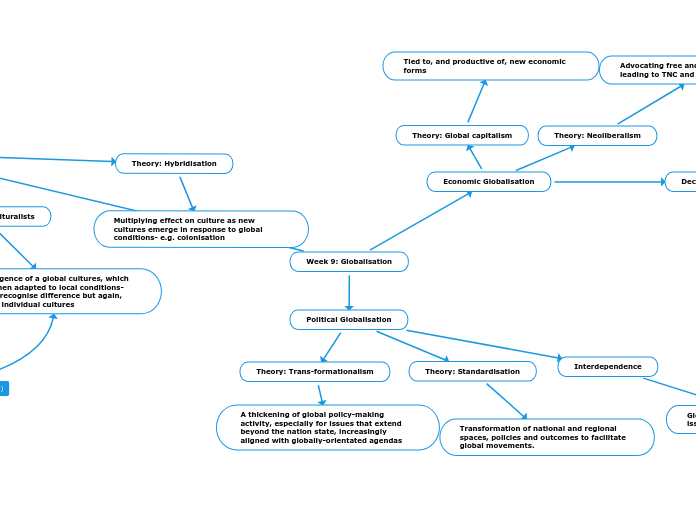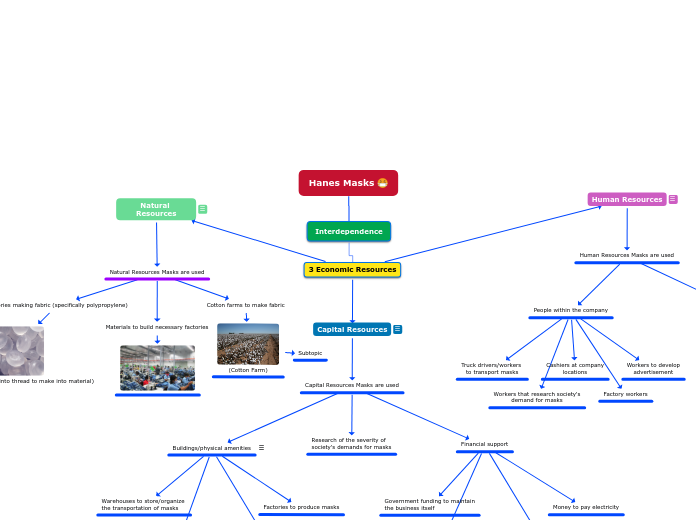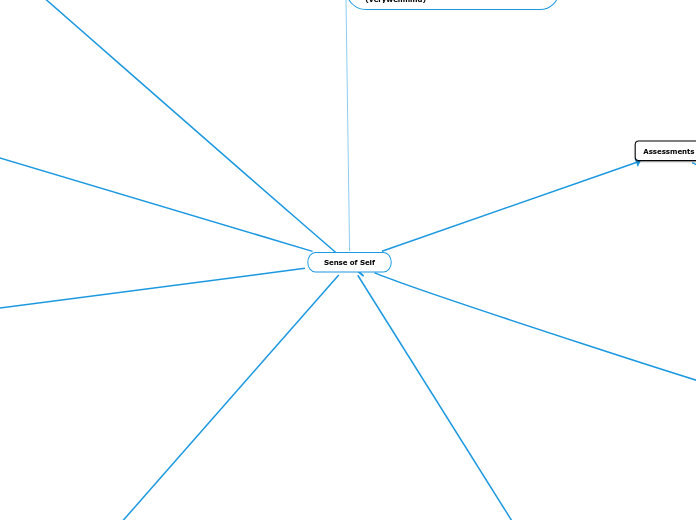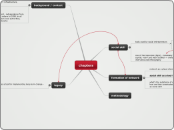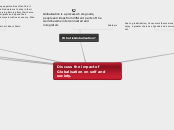jonka RYAN-JOHN HOLLOWAY 4 vuotta sitten
267
Week 9: Globalisation
The topic explores the multifaceted dimensions of globalisation, focusing on economic, political, and cultural aspects. Economic globalisation is driven by theories of global capitalism and neoliberalism, promoting free markets and leading to the rise of transnational corporations and outsourcing.
